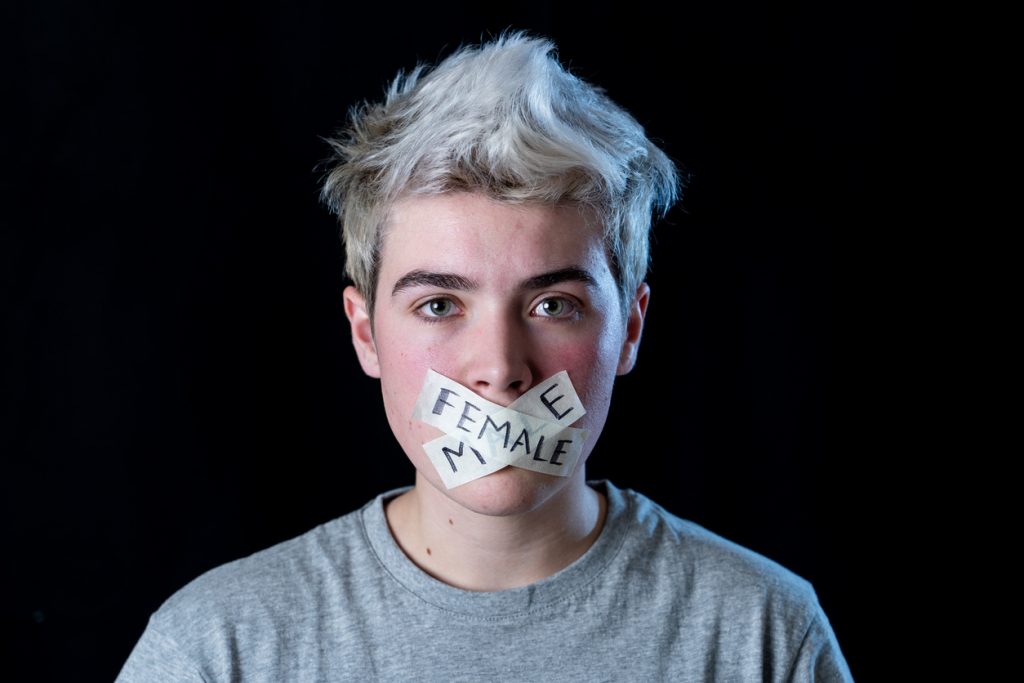Understand Your Rights. Solve Your Legal Problems


A landmark test case is set to establish if under 18s can give informed consent for the medical treatment required for gender reassignment, which usually involves surgery or hormone treatment such as puberty blockers to change the established gender of a person.
The judicial review is set to begin once Susan Evans, a Clinical Nurse Specialist who worked in the NHS over ten years ago, and ‘Mrs A’, the parent of a child on Gids’ waiting list, file the official papers.
Paul Conrathe, a solicitor from Sinclairslaw, representing Evans and ‘Mrs A’, said: “We are essentially seeking to say that the provision at the Tavistock for young people up to the age of 18 is illegal because there isn’t valid consent.”
“The issue is whether the young person is of sufficient maturity and capacity to understand the consequences of their actions. We say it is a leap too far to think that Gillick as a judgment could apply to this type of scenario, where a young person is being offered a treatment with lifelong consequences when they are at a stage of emotional and mental vulnerability. It simply doesn’t compute, and therefore whatever medical professionals say is consent is not valid in law,” said Conrathe, according to The Guardian.
Dr Peter Dunne, Senior Lecturer at the University of Bristol Law School and an expert on law, sexual orientation and gender identity, told Lawyer Monthly: : "This case has the potential to significantly impact the law regulating medical treatment in England, both for transgender individuals and for all young people who seek care through the NHS. What the applicants are arguing fundamentally challenges the notion of ‘Gillick’ competence – the situation-based assessment model, which has governed English law since the 1980s.
"While there is undoubtedly a need for caution in the complex area of transgender healthcare, the applicants’ claims appear to conflict with emerging best practice and they may even compromise English law’s commitment to promoting the welfare of transgender children.
“Certainly, when similar issues have arisen before the courts in Australia, the most senior judges in that country have consistently supported moving away from judicializing these types of medical treatments,” concluded Dr Dunne.


